Home>Furniture & Design>Interior Design Trends>How To Get Rid Of Water Stains On Glass
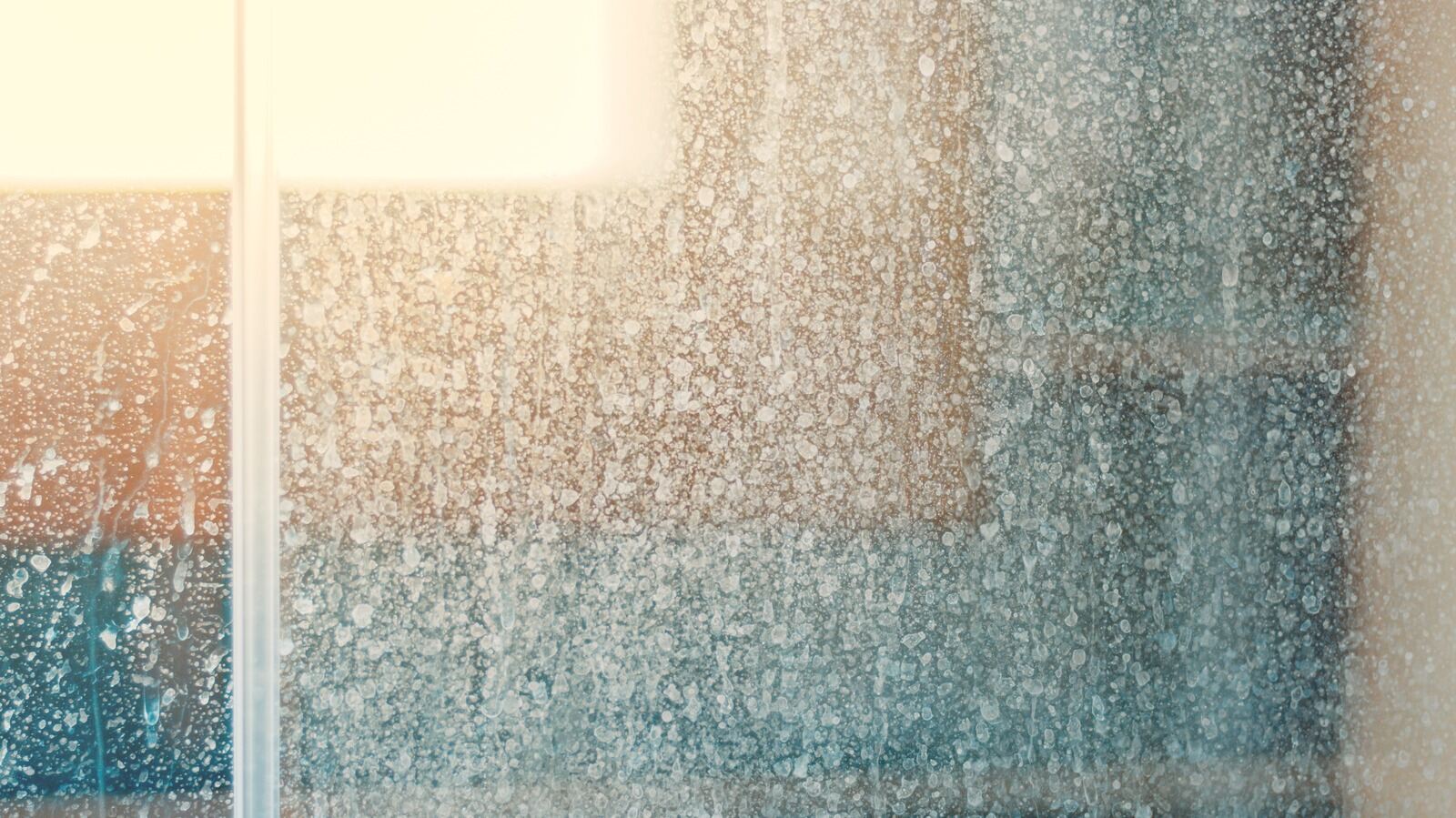

Interior Design Trends
How To Get Rid Of Water Stains On Glass
Modified: February 18, 2024
Learn effective interior design trends for removing water stains on glass. Discover expert tips and tricks to keep your glass surfaces sparkling clean and clear.
(Many of the links in this article redirect to a specific reviewed product. Your purchase of these products through affiliate links helps to generate commission for Storables.com, at no extra cost. Learn more)
Introduction
Water stains on glass surfaces can be a frustrating eyesore, detracting from the overall aesthetic appeal of your home or office space. Whether it's on shower doors, windows, or glass tabletops, these stubborn marks are often caused by mineral deposits left behind when water evaporates. Understanding how to effectively tackle and prevent water stains is essential for maintaining the pristine appearance of your glass surfaces.
In this comprehensive guide, we will delve into the various methods and natural remedies for removing water stains from glass, as well as explore preventative measures to keep your glass surfaces sparkling clean. By the end of this article, you will be equipped with the knowledge and tools to bid farewell to those pesky water stains and restore the clarity and shine of your glass fixtures. Let's embark on this journey to reclaim the luster of your glass surfaces and elevate the visual allure of your living or working space.
Key Takeaways:
- Say goodbye to water stains on glass with natural remedies like vinegar, lemon juice, and baking soda. Prevent future stains by squeegeeing shower doors and using water softening systems.
- Restore the sparkle of glass surfaces by using vinegar solution, commercial glass cleaners, and natural remedies like citrus-based cleaners and essential oils. Prevent water stains with regular cleaning and protective coatings.
Read more: How To Get Rid Of Water Stains In A Bathtub
Understanding Water Stains on Glass
Water stains on glass surfaces are a common nuisance encountered in households and commercial spaces. These unsightly marks are typically the result of mineral deposits, such as calcium, magnesium, and silica, left behind when water evaporates. When hard water comes into contact with glass, the minerals within the water can adhere to the surface, creating a cloudy or hazy appearance. This phenomenon is particularly prevalent in areas with high mineral content in the water supply.
The mineral deposits form a thin film on the glass, which, over time, can become increasingly difficult to remove. If left untreated, these water stains can compromise the transparency and visual appeal of the glass, impacting the overall aesthetics of the affected surfaces. Furthermore, prolonged exposure to water stains can lead to etching, making the glass appear permanently damaged.
Understanding the nature of water stains on glass is crucial for implementing effective removal and prevention strategies. By recognizing the underlying causes and characteristics of these stains, individuals can adopt targeted approaches to address the issue and restore the pristine condition of their glass fixtures. With this knowledge in hand, you can confidently explore the various methods and natural remedies available to combat water stains and maintain the clarity and brilliance of your glass surfaces.
Common Methods for Removing Water Stains
When it comes to banishing water stains from glass surfaces, several common methods have proven to be effective in restoring the pristine clarity of the affected areas. These techniques offer practical solutions for tackling water stains, catering to different preferences and levels of severity. Let's explore these tried-and-true methods for removing water stains from glass:
-
Vinegar Solution: A simple yet potent remedy for water stains involves using a vinegar solution. Mix equal parts of distilled white vinegar and water in a spray bottle. Liberally spray the solution onto the affected glass surface and let it sit for several minutes to allow the acidic properties of the vinegar to break down the mineral deposits. Afterward, wipe the glass clean with a microfiber cloth, ensuring that the stains are thoroughly removed. This method is particularly effective for mild to moderate water stains and is a cost-effective and eco-friendly solution.
-
Commercial Glass Cleaners: There are numerous commercial glass cleaners available on the market that are specifically formulated to combat water stains and restore the transparency of glass surfaces. These products often contain powerful ingredients designed to dissolve and lift stubborn mineral deposits, leaving the glass sparkling clean. When using commercial glass cleaners, it is essential to follow the manufacturer's instructions and safety guidelines for optimal results.
-
Abrasive Scrubbing: For more stubborn water stains, employing an abrasive scrubbing technique can help dislodge the mineral deposits from the glass. Using a non-scratch scrubbing pad or a designated glass scrubbing tool, gently but firmly scrub the affected areas in a circular motion. This method requires caution to avoid scratching the glass, and it is advisable to test it on a small, inconspicuous area first. Following the scrubbing process, thoroughly rinse and dry the glass to reveal a restored, stain-free surface.
-
Lemon Juice and Baking Soda Paste: The natural acidic properties of lemon juice combined with the mild abrasive nature of baking soda create a powerful paste for combating water stains on glass. Mix lemon juice and baking soda to form a paste, then apply it to the stained areas. Allow the paste to sit for a few minutes before gently scrubbing the glass with a soft cloth or sponge. Rinse the glass with water and dry it to reveal a refreshed and gleaming surface.
By incorporating these common methods into your cleaning routine, you can effectively eliminate water stains from glass surfaces, restoring their pristine appearance and ensuring a crystal-clear view. Each approach offers its unique benefits, catering to different preferences and the severity of the water stains, empowering you to reclaim the luster of your glass fixtures with confidence.
Natural Remedies for Water Stains
In addition to conventional methods, natural remedies offer effective and eco-friendly alternatives for combating water stains on glass surfaces. Harnessing the power of natural ingredients, these remedies provide gentle yet potent solutions for restoring the clarity and brilliance of glass fixtures. Let's explore some natural remedies that can effectively eliminate water stains and revitalize your glass surfaces:
Distilled White Vinegar
Distilled white vinegar, a versatile household staple, serves as a formidable ally in the battle against water stains. Its acidic properties make it an effective agent for dissolving mineral deposits on glass. To utilize this natural remedy, simply dampen a cloth or sponge with undiluted white vinegar and gently scrub the affected areas. Allow the vinegar to sit for a few minutes before wiping the glass clean with a microfiber cloth. The acidic nature of vinegar facilitates the breakdown of mineral deposits, leaving the glass surface gleaming and free from unsightly water stains.
Read more: How To Get Water Stains Off Of Glass
Citrus-Based Cleaners
Citrus-based cleaners, derived from the natural oils found in citrus fruits, offer a refreshing and aromatic approach to combating water stains on glass. These cleaners harness the natural degreasing and stain-fighting properties of citrus extracts, such as lemon or orange, to effectively dissolve and remove mineral deposits. When using citrus-based cleaners, simply apply the product to the affected areas and allow it to penetrate the stains for a few minutes. Then, wipe the glass clean with a soft cloth to reveal a revitalized and crystal-clear surface. The pleasant citrus aroma adds an extra touch of freshness to the cleaning process, enhancing the overall experience.
Baking Soda Solution
Baking soda, renowned for its gentle abrasive properties and versatility in cleaning applications, can be combined with water to create a powerful solution for tackling water stains on glass. Form a paste by mixing baking soda with water, then apply it to the stained areas. Gently scrub the glass surface with the paste using a soft cloth or sponge, allowing the mild abrasive action of baking soda to lift and remove the mineral deposits. After scrubbing, rinse the glass with water and dry it thoroughly to reveal a revitalized and sparkling surface.
Essential Oils
Essential oils, such as tea tree oil or eucalyptus oil, not only impart a delightful fragrance but also possess natural cleaning and disinfecting properties. When diluted with water, these essential oils can be used to create a natural cleaning solution that effectively targets water stains on glass. Simply mix a few drops of the preferred essential oil with water in a spray bottle, then spritz the solution onto the affected areas. Allow the solution to sit for a few minutes before wiping the glass clean with a microfiber cloth. The natural antibacterial and antifungal properties of essential oils enhance the cleaning process, leaving the glass surfaces pristine and refreshed.
By incorporating these natural remedies into your cleaning regimen, you can effectively combat water stains on glass surfaces while embracing eco-friendly and natural cleaning solutions. These gentle yet powerful remedies offer a sustainable approach to maintaining the clarity and brilliance of your glass fixtures, ensuring a pristine and visually appealing environment.
Preventing Water Stains on Glass
Preventing water stains on glass surfaces is essential for maintaining their pristine appearance and minimizing the need for frequent cleaning and stain removal. By implementing proactive measures, individuals can effectively safeguard their glass fixtures against the formation of unsightly water stains, preserving their transparency and visual allure. Here are several strategies to prevent water stains on glass:
Read more: How To Get Hard Water Stains Off Glass
Squeegee After Showering
In bathrooms with glass shower enclosures, using a squeegee to remove excess water from the glass after showering can significantly reduce the likelihood of water stains. By swiftly and efficiently removing water droplets from the glass surface, the formation of mineral deposits is mitigated, preserving the clarity and cleanliness of the shower doors or panels.
Regular Cleaning and Maintenance
Establishing a routine for regular cleaning and maintenance of glass surfaces is crucial for preventing the accumulation of water stains. By incorporating glass cleaning into your regular cleaning schedule, you can promptly address any water droplets or mineral deposits before they have the chance to solidify into stubborn stains. Utilizing a mild glass cleaner and a soft cloth or sponge, gently wipe down the glass surfaces to maintain their pristine condition.
Water Softening Systems
In areas with hard water, installing a water softening system can effectively reduce the mineral content in the water supply, thereby minimizing the occurrence of water stains on glass surfaces. Water softeners work by replacing calcium and magnesium ions with sodium ions, resulting in water that is less likely to leave behind mineral deposits. By investing in a water softening system, you can proactively combat the root cause of water stains, ensuring the long-term clarity and brilliance of your glass fixtures.
Protective Coatings
Applying a protective coating or sealant to glass surfaces can create a barrier that repels water and minimizes the adhesion of mineral deposits. There are specialized glass sealants available that form a hydrophobic layer, preventing water stains and making the glass easier to clean. By treating your glass surfaces with a protective coating, you can enhance their resistance to water stains and simplify maintenance efforts.
Read more: How To Get Rid Of Black Stains In A Bathtub
Proper Ventilation
Ensuring adequate ventilation in areas with glass fixtures, such as bathrooms and kitchens, can help mitigate the accumulation of moisture and minimize the formation of water stains. Proper ventilation facilitates the evaporation of water droplets, reducing the likelihood of mineral deposits settling on the glass surfaces. By promoting airflow and ventilation, you can create an environment that is less conducive to the development of water stains on glass.
By proactively implementing these preventive measures, individuals can effectively safeguard their glass surfaces against the unsightly effects of water stains, preserving their clarity and visual appeal. These strategies empower individuals to maintain the pristine condition of their glass fixtures, ensuring a sparkling and unobstructed view for years to come.
Conclusion
In conclusion, the battle against water stains on glass surfaces is a multifaceted endeavor that encompasses understanding, remediation, and prevention. The presence of water stains can detract from the visual allure of glass fixtures, diminishing their transparency and pristine appearance. However, armed with the knowledge and strategies presented in this guide, individuals can confidently address water stains and maintain the luster of their glass surfaces.
By comprehending the nature of water stains on glass, including their underlying causes and characteristics, individuals gain valuable insights into the most effective methods for removal and prevention. From the utilization of common household ingredients such as vinegar and baking soda to the exploration of natural remedies like citrus-based cleaners and essential oils, a diverse array of solutions is available to combat water stains with efficacy and environmental consciousness.
Furthermore, the implementation of preventive measures, such as squeegeeing shower doors, regular cleaning, water softening systems, protective coatings, and proper ventilation, empowers individuals to proactively safeguard their glass surfaces against the formation of water stains. These preventive strategies not only preserve the clarity and brilliance of glass fixtures but also reduce the frequency of intensive cleaning and stain removal efforts.
In essence, the quest to eliminate water stains on glass is a journey toward maintaining the pristine condition and visual allure of living and working spaces. By integrating the knowledge and strategies outlined in this guide, individuals can bid farewell to the frustration of water stains and revel in the sparkling clarity of their glass surfaces. Whether it's the gleaming shower doors, pristine windows, or immaculate glass tabletops, the triumph over water stains heralds a renewed sense of elegance and visual splendor within interior spaces.
Ultimately, the comprehensive approach to addressing water stains on glass surfaces encapsulates the harmonious fusion of understanding, remediation, and prevention. Armed with this holistic understanding, individuals can embark on a journey to reclaim the luster of their glass fixtures, ensuring a crystal-clear view and an ambiance of timeless elegance within their living or working environments.
Frequently Asked Questions about How To Get Rid Of Water Stains On Glass
Was this page helpful?
At Storables.com, we guarantee accurate and reliable information. Our content, validated by Expert Board Contributors, is crafted following stringent Editorial Policies. We're committed to providing you with well-researched, expert-backed insights for all your informational needs.
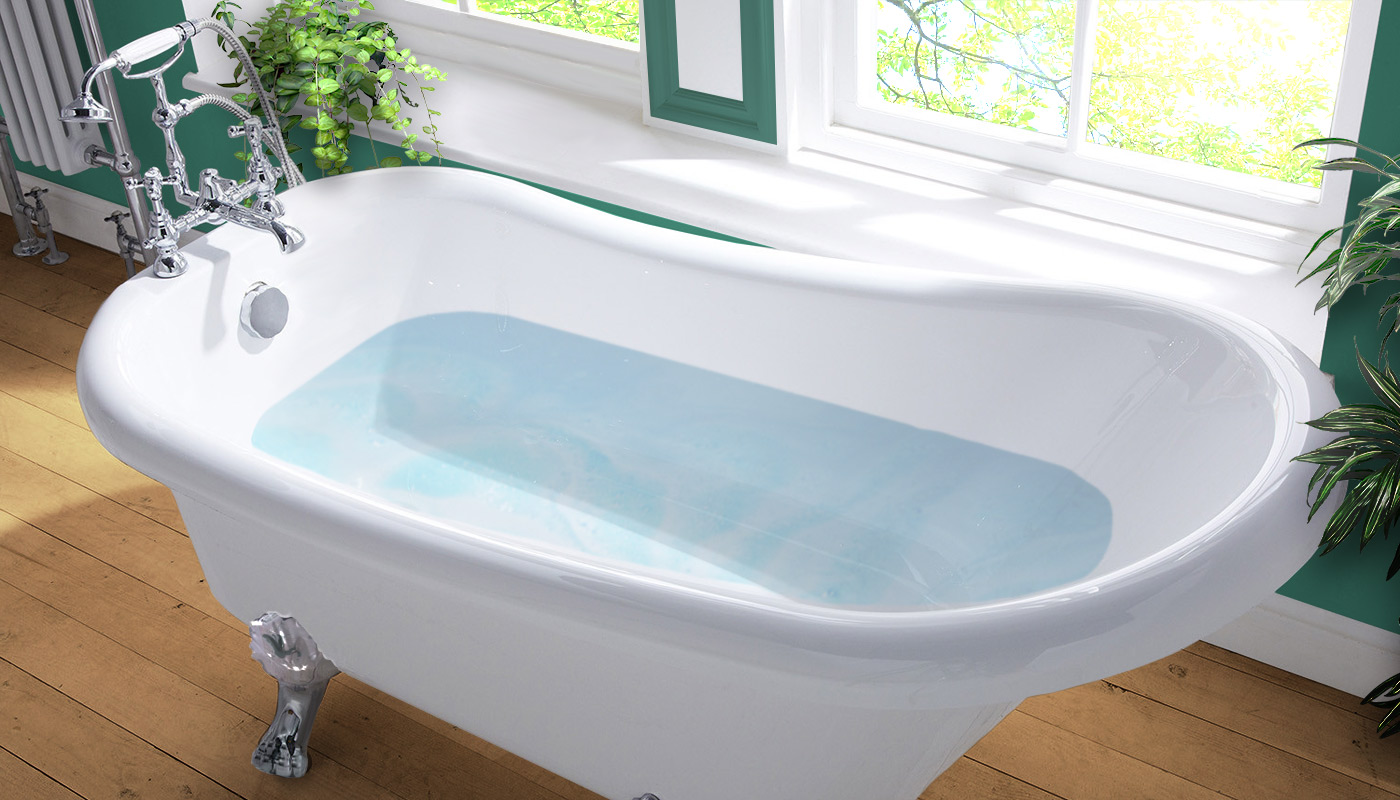
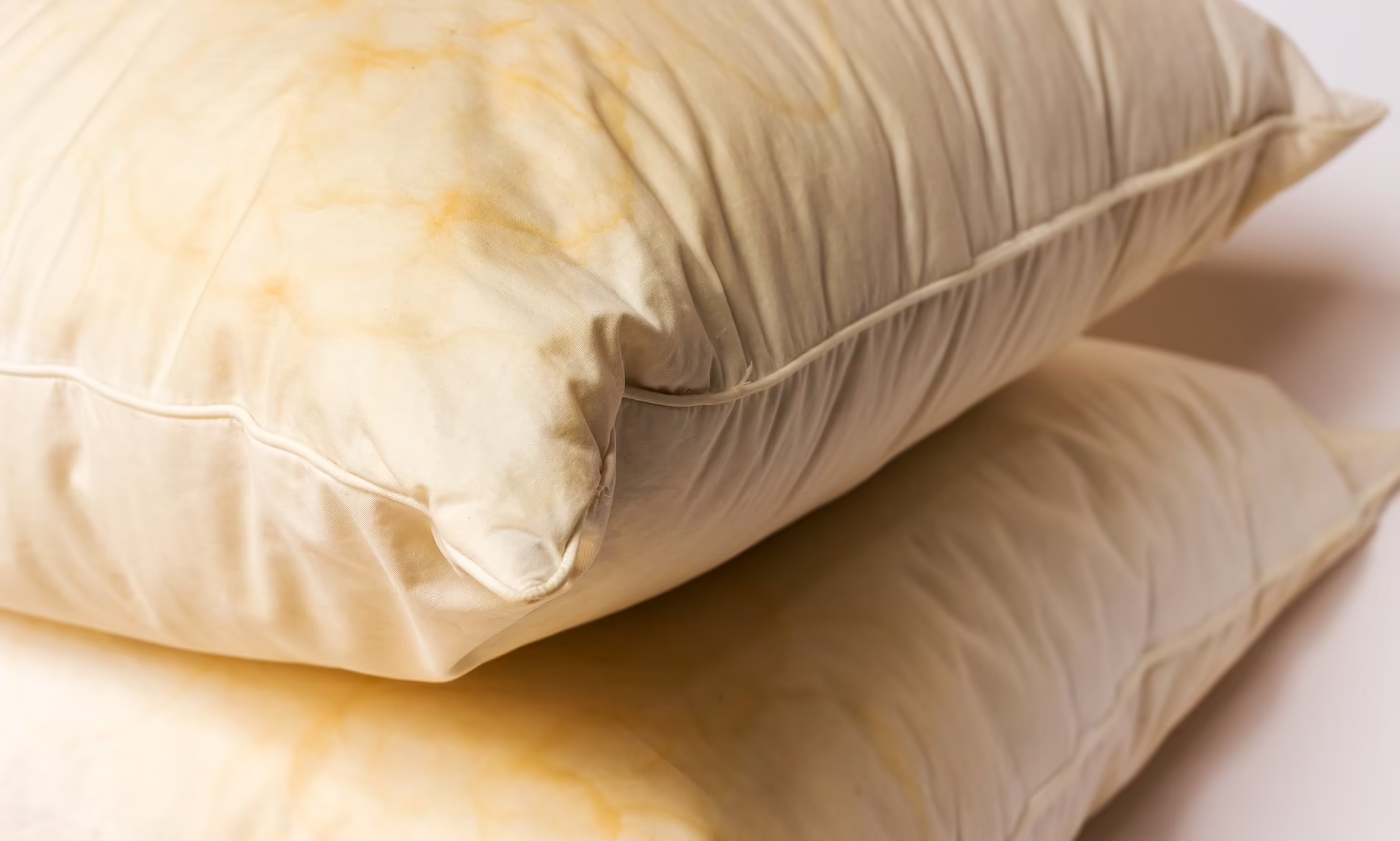

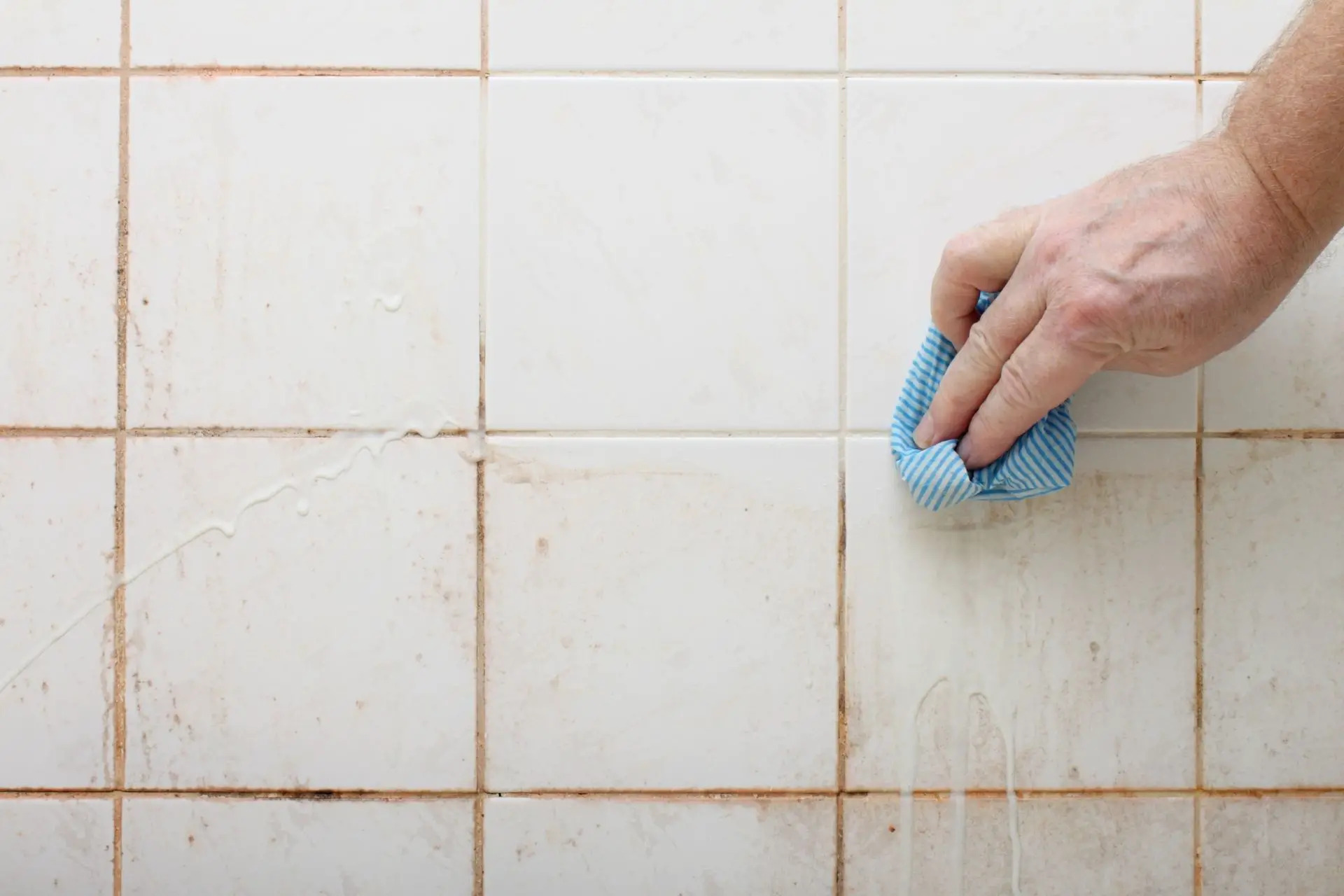
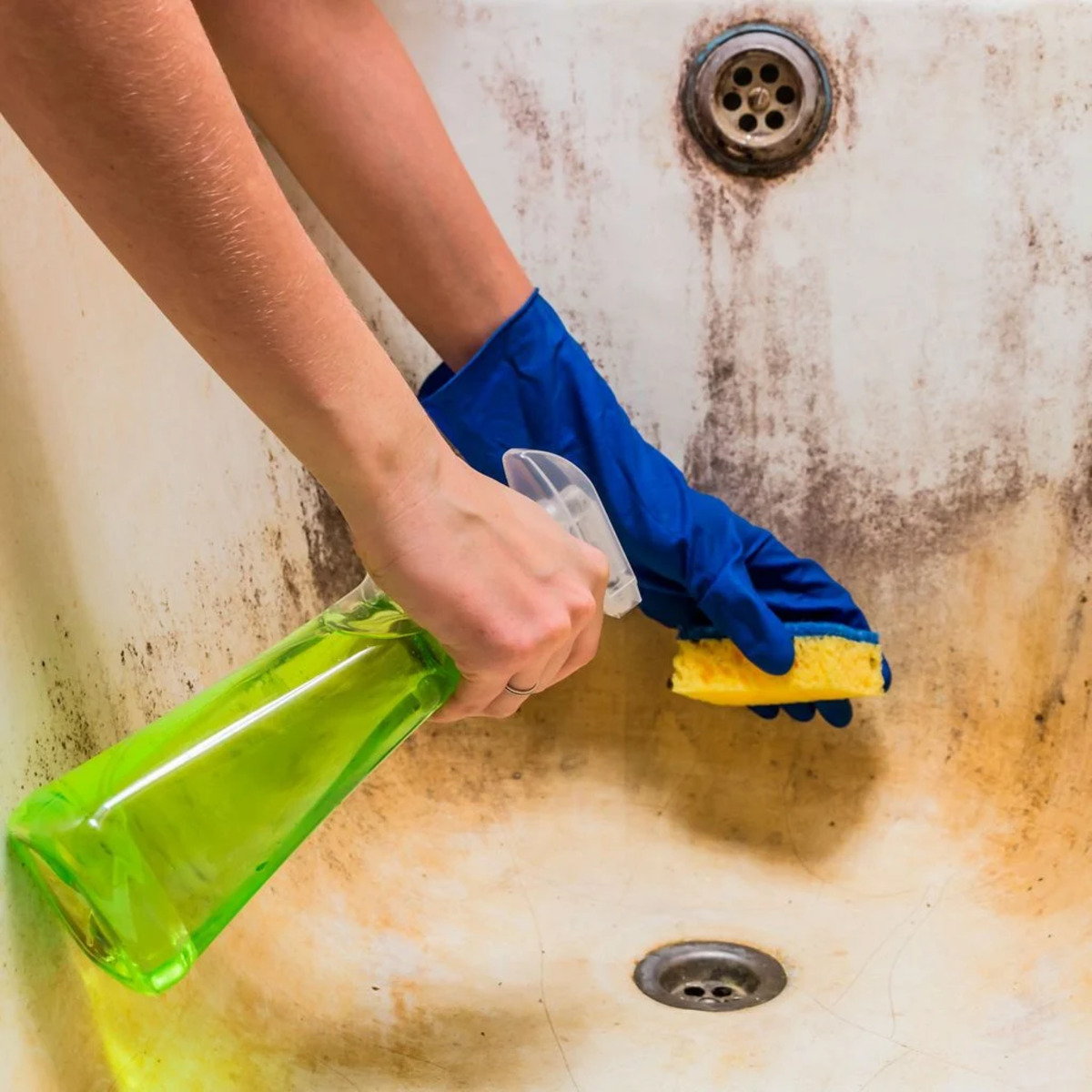
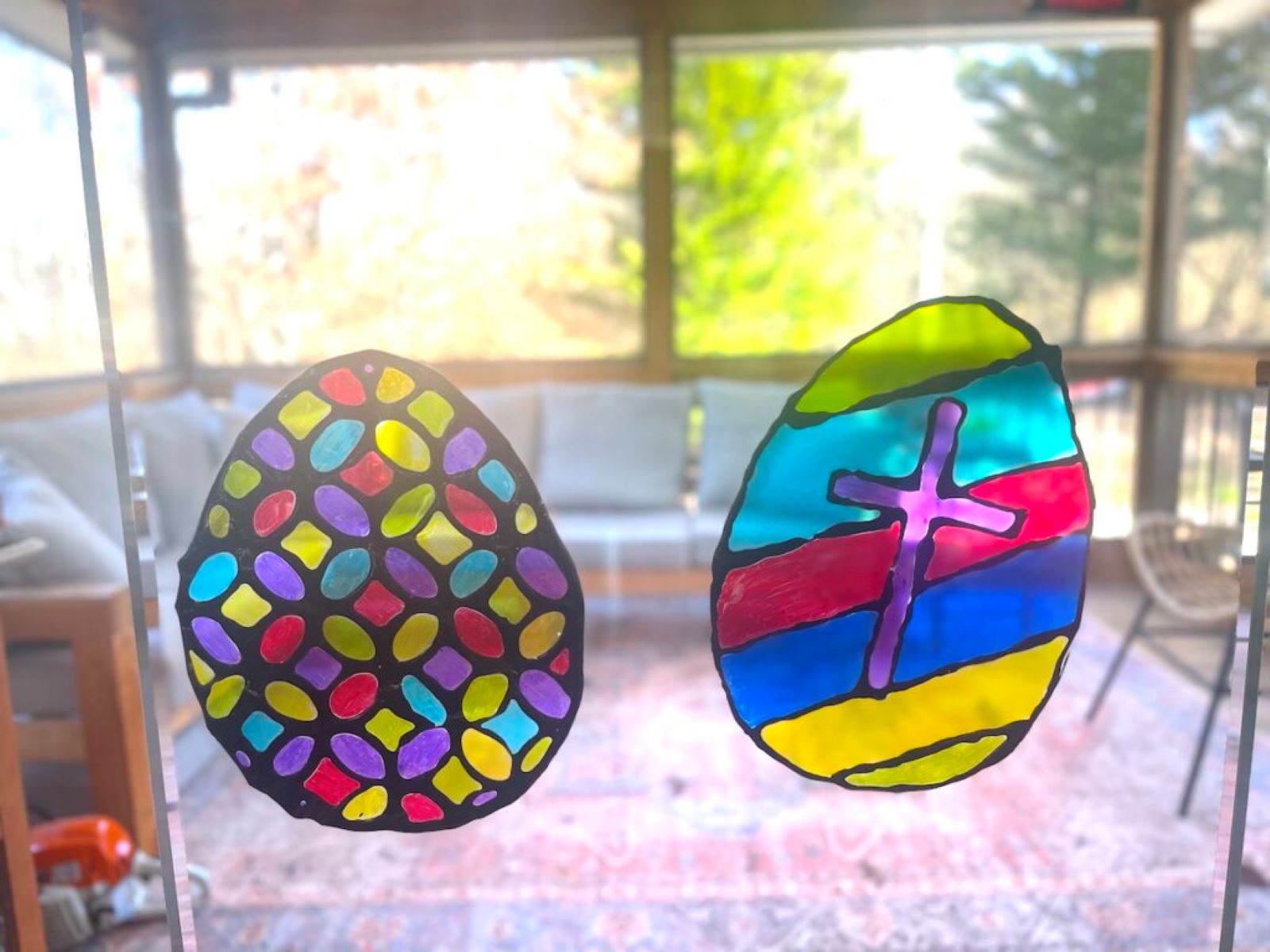
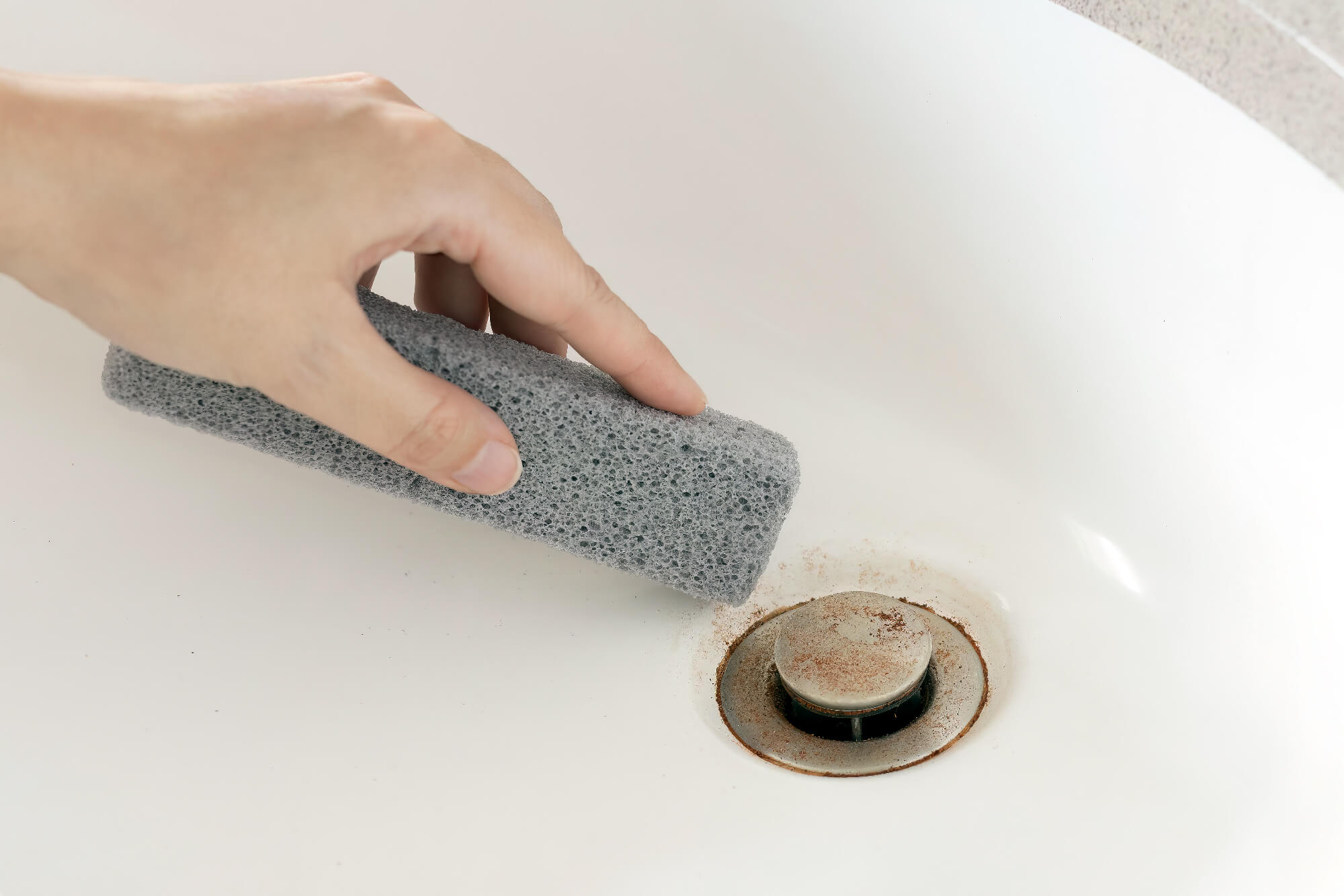
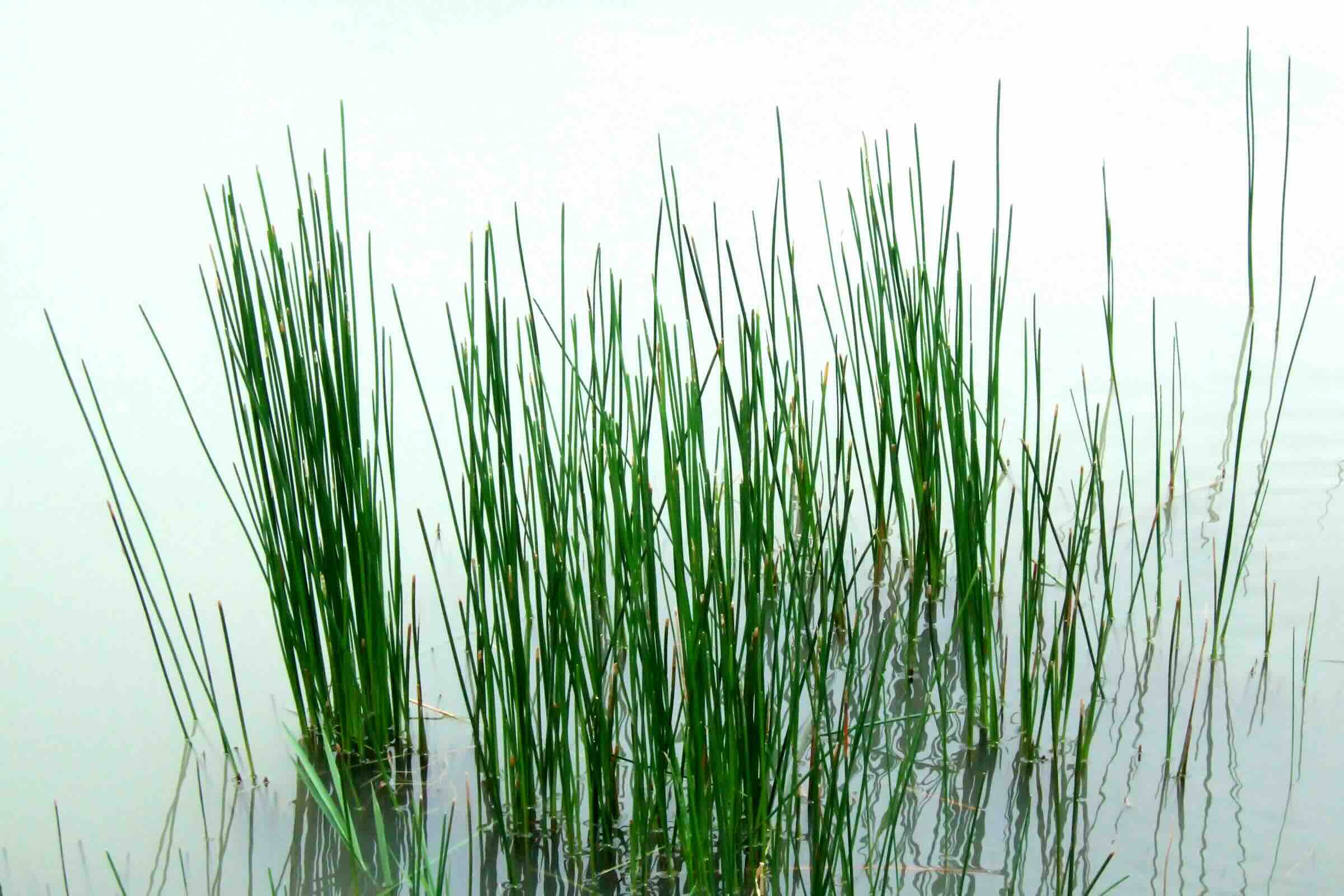
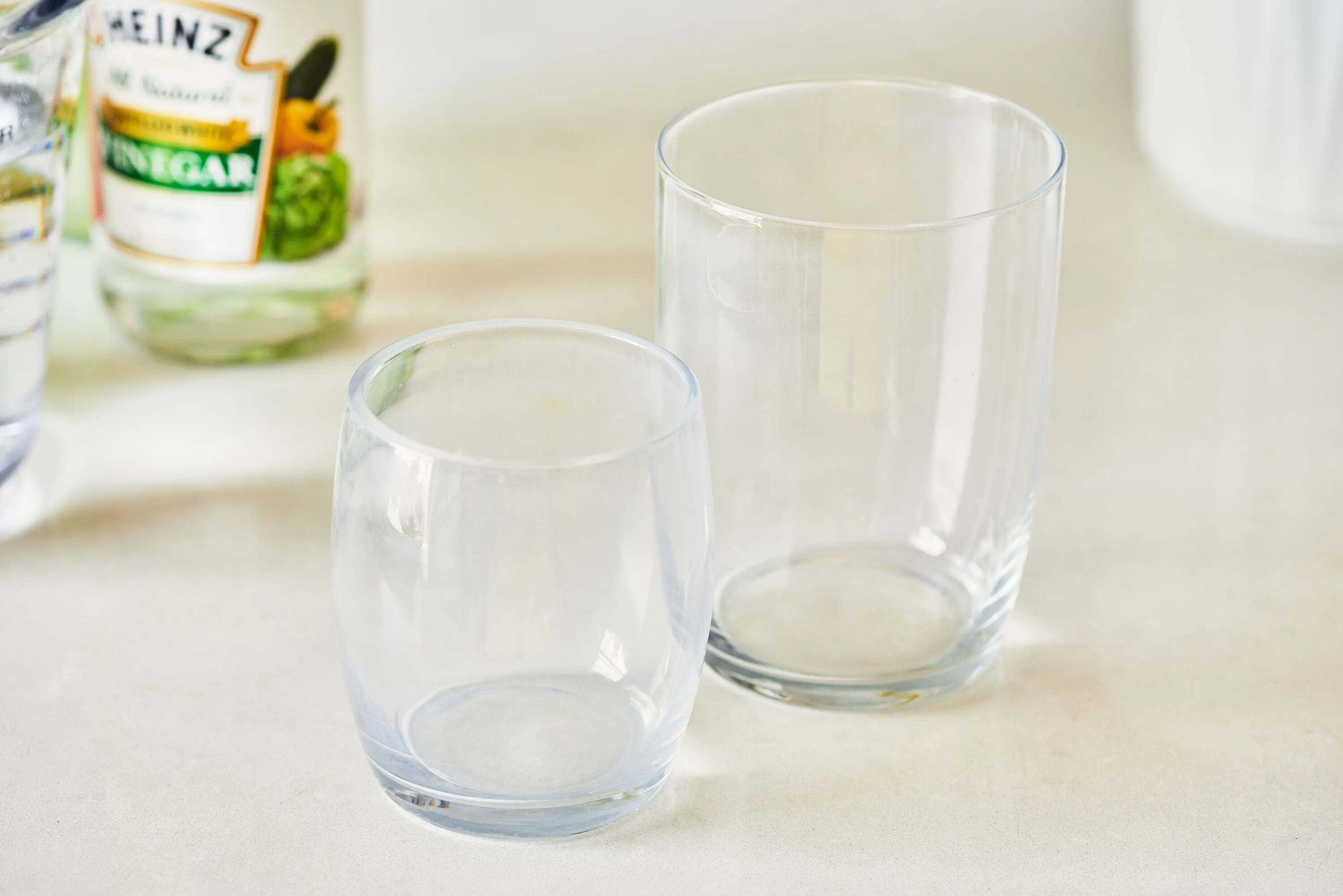
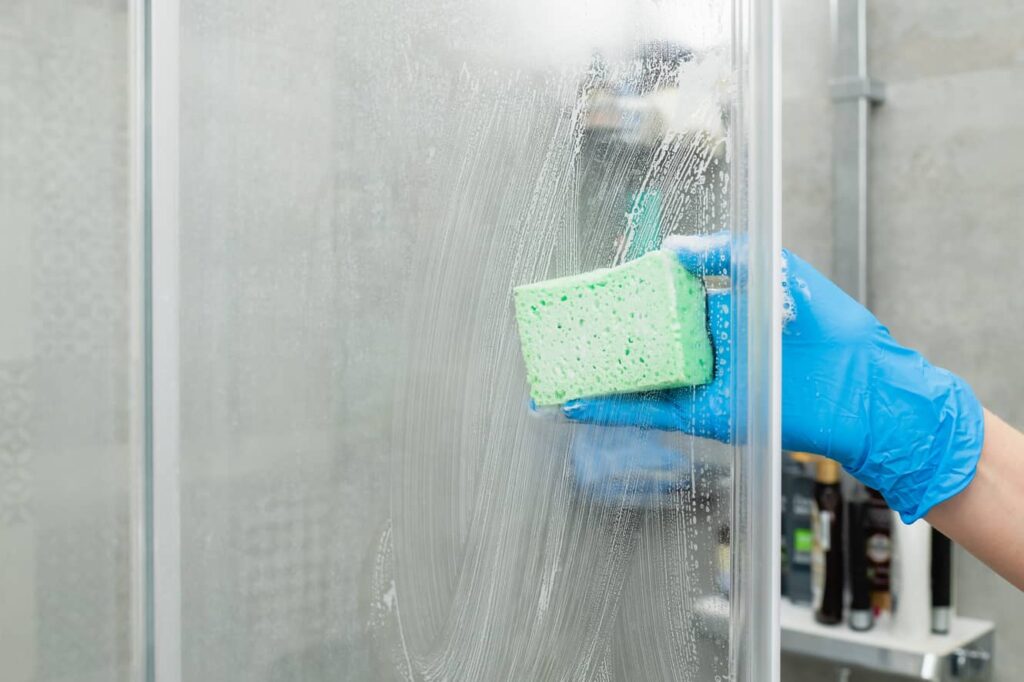
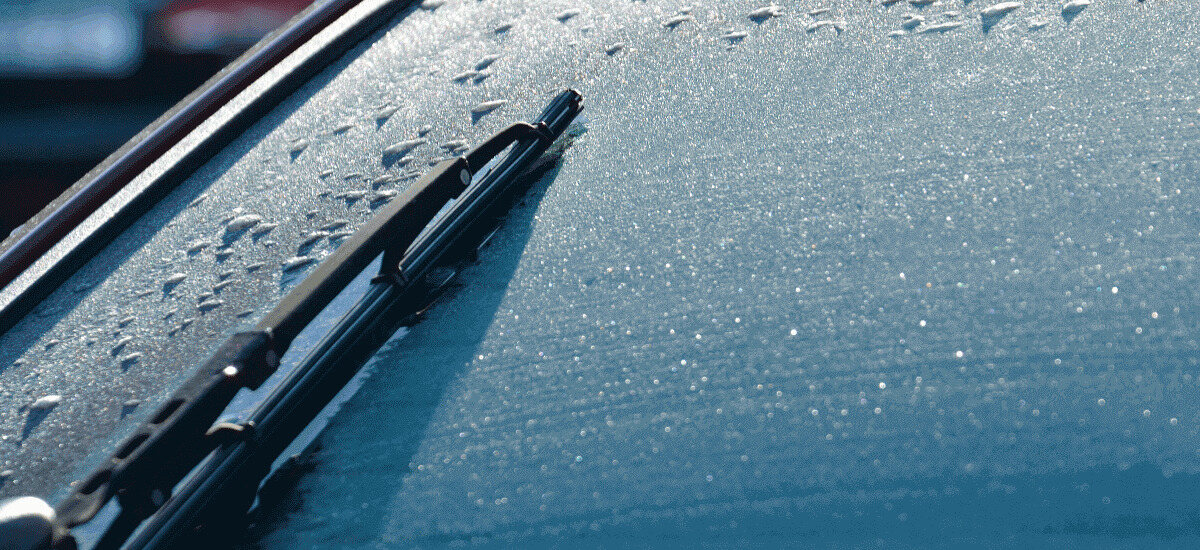
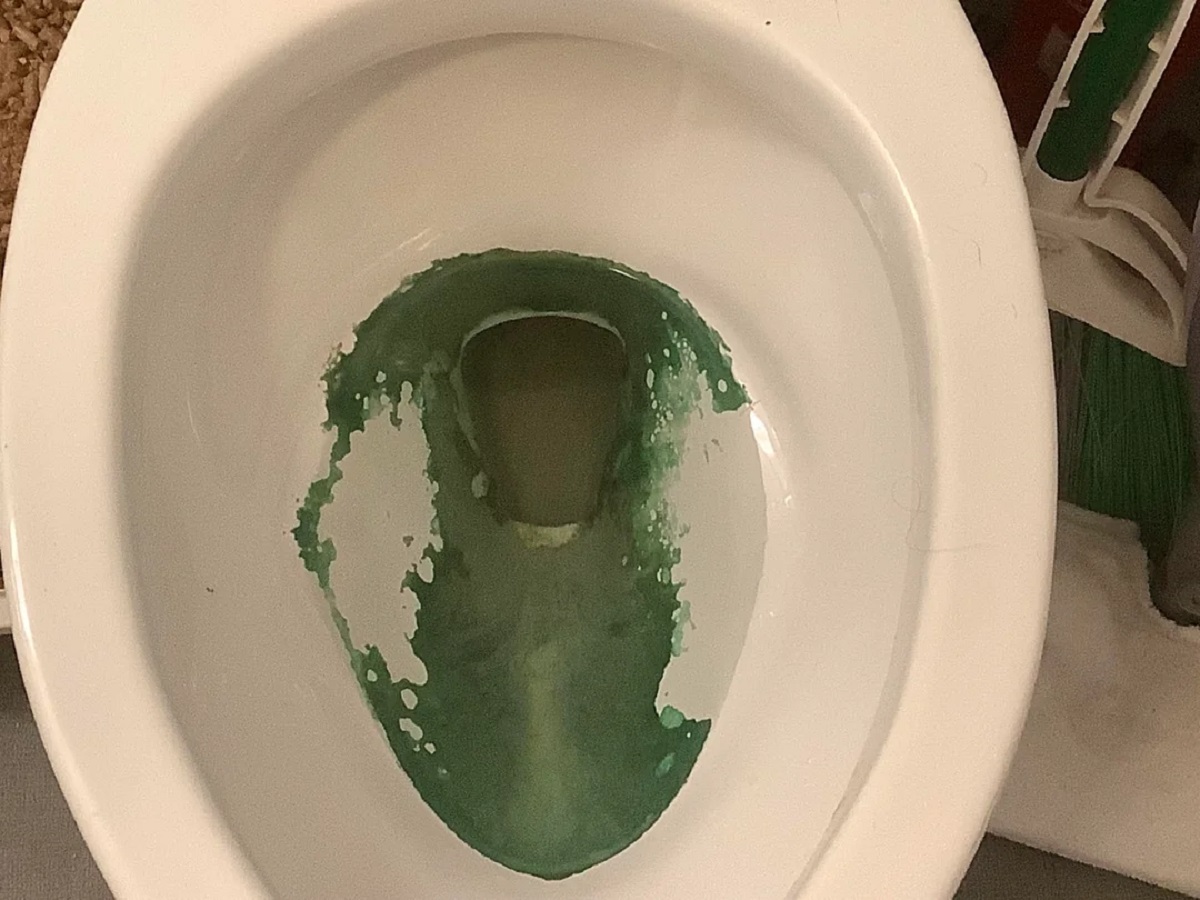

0 thoughts on “How To Get Rid Of Water Stains On Glass”